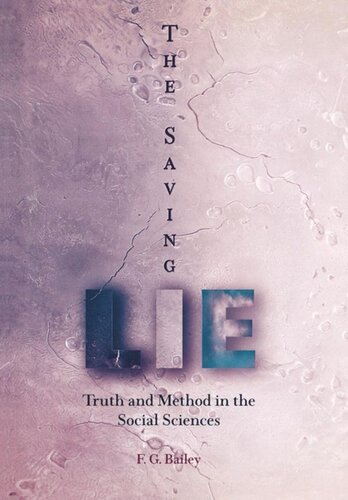

Most ebook files are in PDF format, so you can easily read them using various software such as Foxit Reader or directly on the Google Chrome browser.
Some ebook files are released by publishers in other formats such as .awz, .mobi, .epub, .fb2, etc. You may need to install specific software to read these formats on mobile/PC, such as Calibre.
Please read the tutorial at this link: https://ebookbell.com/faq
We offer FREE conversion to the popular formats you request; however, this may take some time. Therefore, right after payment, please email us, and we will try to provide the service as quickly as possible.
For some exceptional file formats or broken links (if any), please refrain from opening any disputes. Instead, email us first, and we will try to assist within a maximum of 6 hours.
EbookBell Team

4.7
76 reviewsThis book explores the distinction between selflessness and self-interestedness, between acting for one's own advantage and acting, even when disadvantageous, for reasons of duty or conscience. This apparently straightforward contrast (exemplified in the difference between rational-choice models in economics and holistic models in social anthropology) is a source of confusion. This is so, F. G. Bailey argues, because people polarize and essentialize both actors and actions and uphold one or the other side of the contrast as concrete reality, as the truth about how the social world works. The task of The Saving Lie is to show that both versions are convenient fictions, with instrumental rather than ontological significance: they are not about truth but about power. At best they are tools that enable us to make sense of our experience; at the same time they are weapons we deploy to define situations and thus exercise control.
Bailey says that both models fail the test of empiricism: they can be at once immensely elegant and quite remote from anyone's experience in the real world. And since both models are "saving lies," we should accept them as necessities, but only to the extent they are useful, and we should constantly remind ourselves of their limitations. The wrong course, according to Bailey, is to promote one model to the total exclusion of the other. Instead, we should take care to examine systematically the rhetoric used to promote these models not only in intellectual discourse but also in defining situations in everyday life.
The book strongly and directly advocates a point of view that combines skepticism with a determination to anchor abstract argument in evidence. It is argumentative; it invites confrontation; yet it leaves many doors open for further thought.